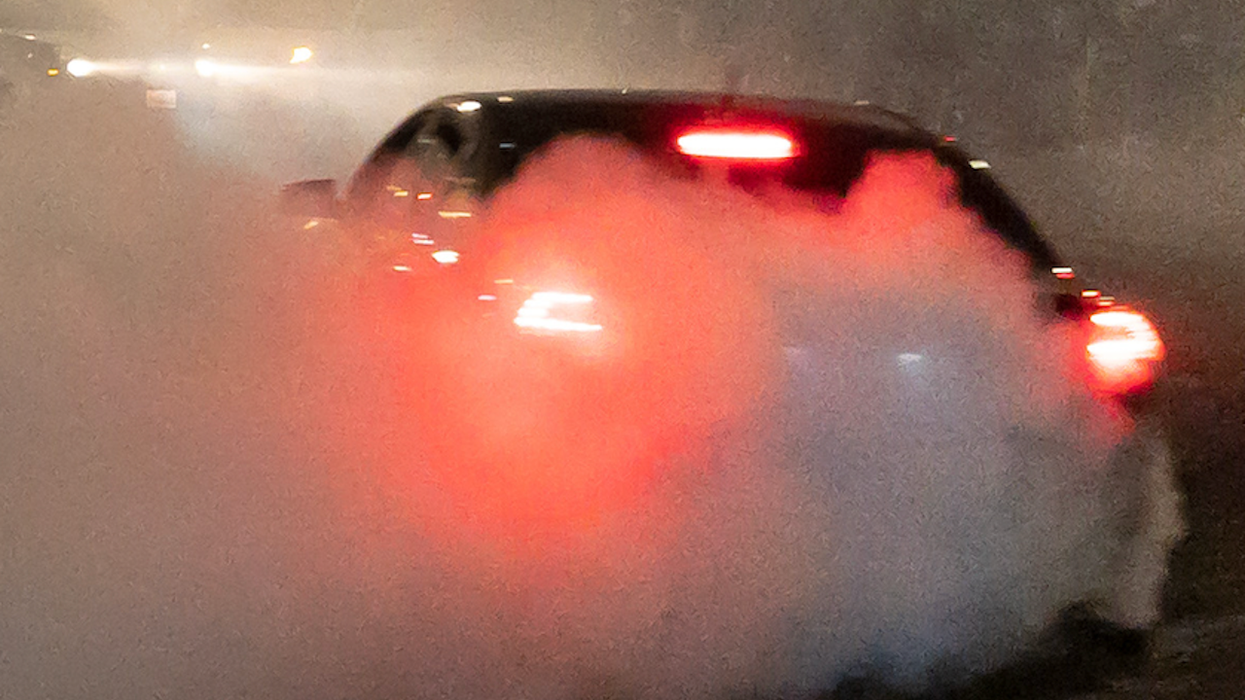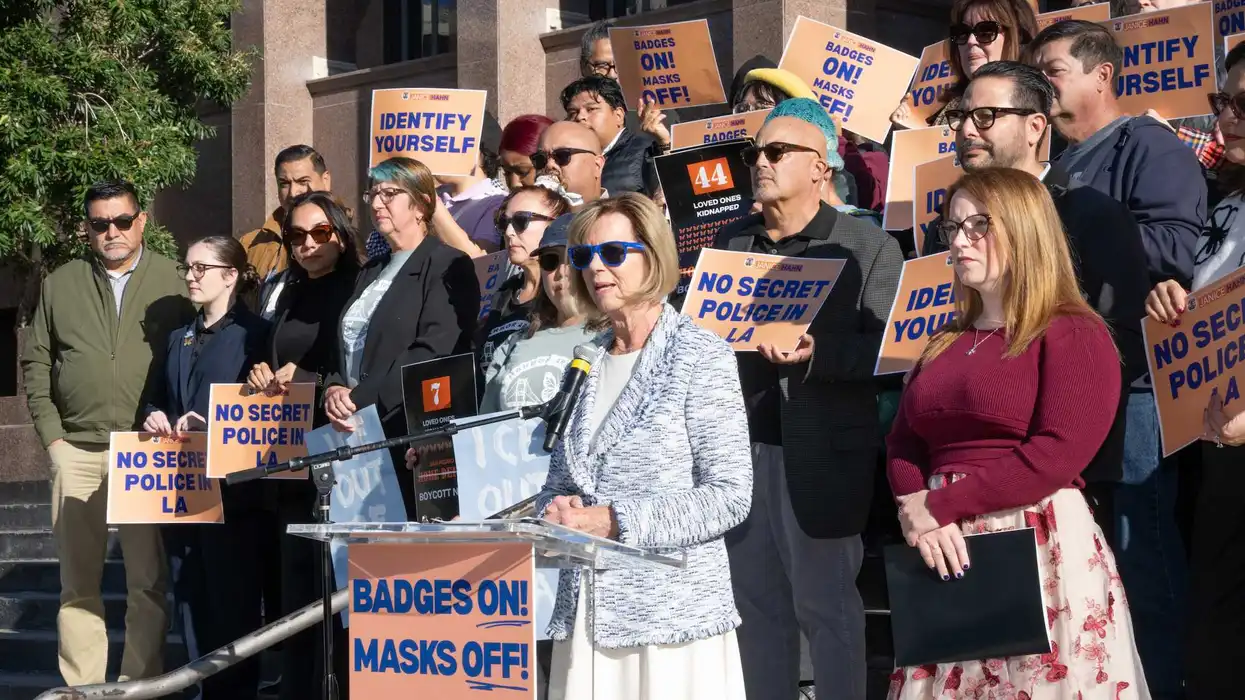© 2025 Blaze Media LLC. All rights reserved.
"a concept of property rights may automatically grow out of 2- to 3-year-olds’ ideas about bodily rights"
Eric Falkenstein opens his blog post on whether kids are born "capitalists" very appropriately: "Bastiat noted that "Life, liberty, and property do not exist because men have made laws. On the contrary, it was the fact that life, liberty, and property existed beforehand that caused men to make laws in the first place."
In essence, laws were created to protect the rights that were already present. The Founding Fathers recognized this in the Deceleration of Independence, saying that we have been endowed by our "Creator" with certain "inalienable rights." Considering all these things, then, is it possible that we are born with an inherent understanding of property rights? Or, as Falkenstein puts it, are we born capitalists?
According to an article published in ScienceNews magazine, the answer could be "yes."
The article details an experiment by Ori Friedman of the University of Waterloo in Canada. According to him, at ages four and five, youngsters value a person’s ownership rights far more strongly than adults do. How did he prove it? For starters, he used a crayon.
Rather than being learned from parents, a concept of property rights may automatically grow out of 2- to 3-year-olds’ ideas about bodily rights, such as assuming that another person can’t touch or control one’s body for no reason, Friedman proposed.[...]
Friedman’s team presented a simple quandary to 40 preschoolers, ages 4 and 5, and to 44 adults. Participants saw an image of a cartoon boy holding a crayon who appeared above the word “user” and a cartoon girl who appeared above the word “owner.” After hearing from an experimenter that the girl wanted her crayon back, volunteers were asked to rule on which cartoon child should get the prized object.
About 75 percent of 4- and 5-year-olds decided in favor of the owner, versus about 20 percent of adults.
But wait, there's more. Apparently Kids are able to distinguish between "using an owned or nonowned object:"
A second experiment consisted of more than 100 kids, ages 3 to 7, and 30 adults. In this case, participants saw the same cartoon boy and girl but were told that the crayon belonged to the school that the two imaginary children attended.Nearly everyone, regardless of age, said that the user should keep the crayon for as long as needed in this situation. In other words, kids distinguished between people using an owned or a nonowned object.
In a final experiment that presented two cartoon adults, one using a cell phone that the other owned, most 4-year-olds but only a minority of adults declared that the device should be returned to its owner even before the borrower had a chance to use it. Children showed some flexibility in allowing borrowers to keep the phone — say, if it was needed for an emergency — but adults adjusted their opinions more readily to such circumstances.
Fridman concluded that "learning" has little to do with understanding property rights. Which leaves another possibility: whereas Newsweek says "we are all socialists now," maybe the truth is that we were all capitalists once.
(H/T: Business Insider)
Want to leave a tip?
We answer to you. Help keep our content free of advertisers and big tech censorship by leaving a tip today.
Want to join the conversation?
Already a subscriber?
Jonathon M. Seidl is a former managing editor of Blaze News and a best-selling author and speaker. His next book, “Confessions of a Christian Alcoholic,” will be released on October 7, 2025.
Jonathon M. Seidl
Jonathon M. Seidl is a former managing editor of Blaze News and a best-selling author and speaker. His next book, “Confessions of a Christian Alcoholic,” will be released on October 7, 2025.
more stories
Sign up for the Blaze newsletter
By signing up, you agree to our Privacy Policy and Terms of Use, and agree to receive content that may sometimes include advertisements. You may opt out at any time.
Related Content
© 2025 Blaze Media LLC. All rights reserved.
Get the stories that matter most delivered directly to your inbox.
By signing up, you agree to our Privacy Policy and Terms of Use, and agree to receive content that may sometimes include advertisements. You may opt out at any time.






